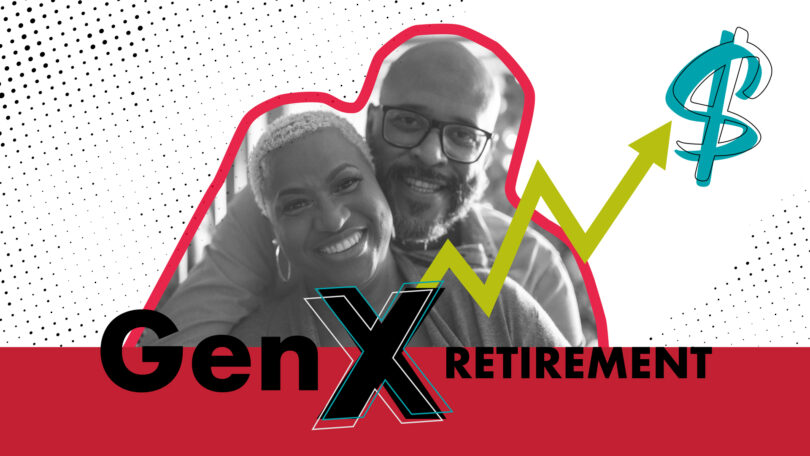Only about one in three Americans have enough saved for retirement, according to a national survey. But new research from the University of Georgia offers what might be a silver lining to the doom and gloom: Generation X doesn’t appear any worse off than the baby boomers.
That said, neither group appears to have saved enough to be on track with their retirement needs. And the millennials are even further behind.
“The difference we see is because of the differences in age and because Generation X isn’t as far along in their careers as the baby boomers,” said Swarn Chatterjee, corresponding author of the study and a professor in the financial planning program in the College of Family and Consumer Sciences.
“But when we look at how much the generations should be saving based on how much they have, while the millennials are further behind, there isn’t really that much of a difference between Generation X and baby boomers in terms of trajectory of retirement planning and preparedness.”
The researchers developed a model that analyzes the preparedness of individual respondents to the 2019 Survey of Consumer Finances, a national dataset conducted by the Federal Reserve. This strategy enabled them to create a unique retirement baseline for each of the dataset’s more than 4,500 households based on an individual’s age, current income, expected retirement age, life expectancy and money management strategies.
There isn’t much literature on differences in retirement prep of Generation Xers and millennials. Previous analyses looked largely at asset holdings across generations at a certain age, only focused on households closest to retirement or used subjective measures to gauge retirement readiness, such as how prepared for retirement individual respondents felt.
The present study meets the participants where they are, so to speak.
The researchers’ new measurement is based on each individual household’s real financial situation, meaning they are compared to their own retirement expectation rather than a generalized one for their entire generation.
Chatterjee and his colleagues then determined how close each household was to reaching its retirement goals and used that measurement for comparison against those in other generations.
Lack of financial knowledge hurts retirement preparation for all generations
Over the last several decades, the American workforce has shifted dramatically.
Previous generations, including many of the boomers, largely stayed at one or two companies for the duration of their career. And those companies frequently offered pension plans that guaranteed an income to loyal employees after retirement.
Those types of retirement plans are almost unheard of these days. As a result, millennials and Gen Xers wind up job hopping for better pay, benefits or both.
There is a fear that most people do not have the financial knowledge to realize how much they need to save.” —Swarn Chatterjee, College of Family and Consumer Sciences
Now companies offer 401K plans where it’s on the employee to pay and save for themselves, often with a company contribution on top. But that means employees have to manage their own portfolio.
“There is a fear that most people do not have the financial knowledge to realize how much they need to save,” Chatterjee said. “And the majority of people underestimate their needs.”
Because people are living longer than previous generations, that means they also will likely need more retirement funds to survive those tacked on years.
Financial advisers, education programs key in retirement planning
But all hope isn’t lost for those in younger generations with inadequate retirement savings, Chatterjee said.
They’re still early in their careers and have more time to make up that difference in their portfolios.
“There are things we can control, and there are things that we cannot control,” he said. “We cannot control what’s going to happen in the economy in the future. But what we can control is our financial literacy.”
From a policy standpoint, that means creating more opportunities for younger generations to receive financial education. The challenge is that there aren’t enough affordable and accessible financial advisory services right now, Chatterjee said. That’s something policymakers will have to address to help individuals best plan for their futures.
The study also found that factors like receiving a college education and willingness to make riskier investments earlier on in an individual’s career may have a positive effect on their retirement planning.
Published in the International Journal of Financial Studies, the study’s first author is Jia Qi, a doctoral student in the College of Family and Consumer Sciences, and was co-authored by Yingyi Liu, a doctoral student in the College of Family and Consumer Sciences.









